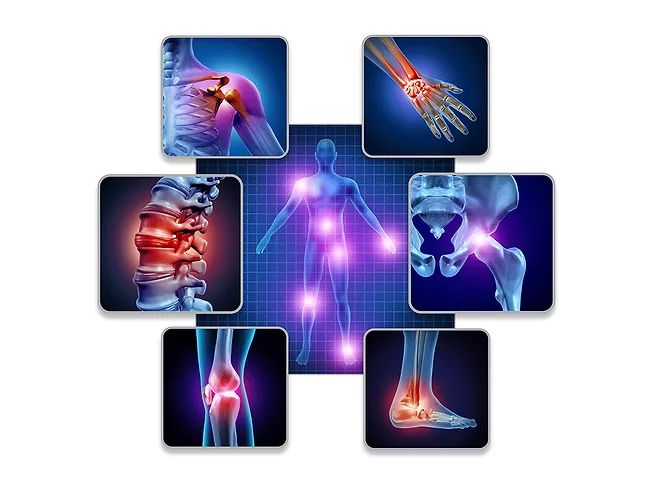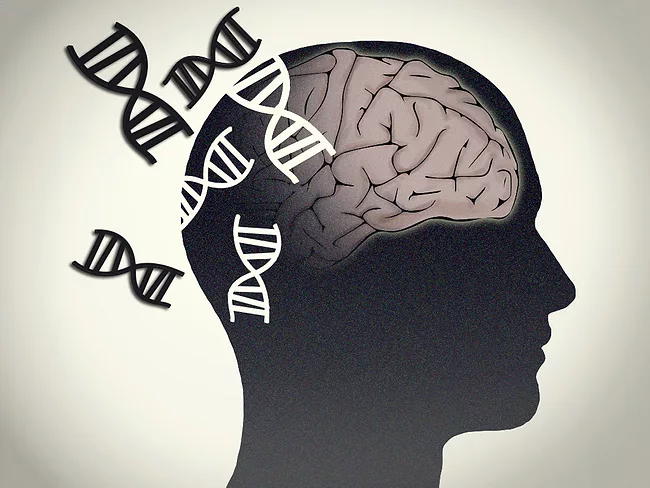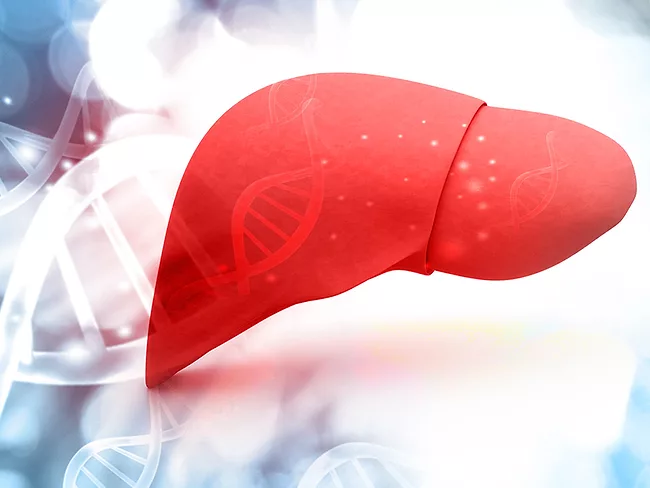
Gene therapy, BioWorld Science
Neurology/psychiatric
Gene therapy targeting Cav1.3 demonstrates benefit in primate parkinsonism
Read MoreNeurology/psychiatric
Caveolin-1 gene therapy preserves cognitive function in Alzheimer’s disease models
Read MoreDrug design, drug delivery & technologies
From mice to big animal models in gene therapy for rare diseases
Read MoreNeurology/psychiatric







